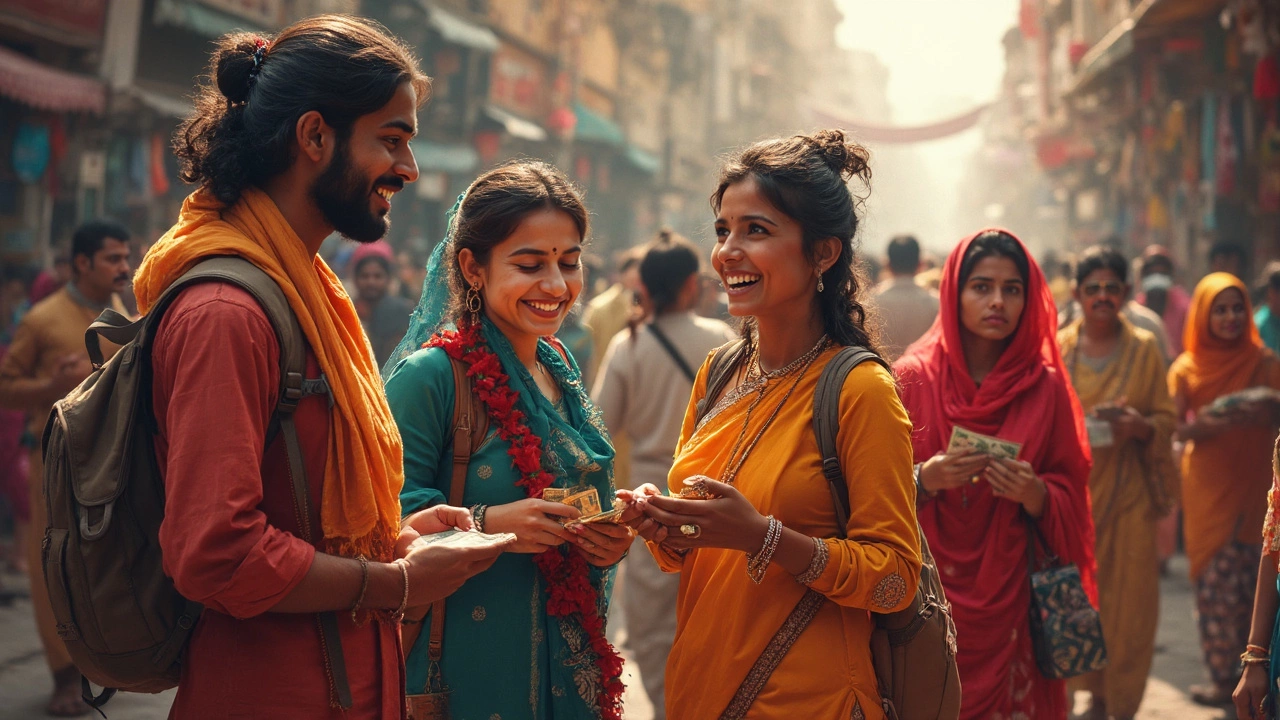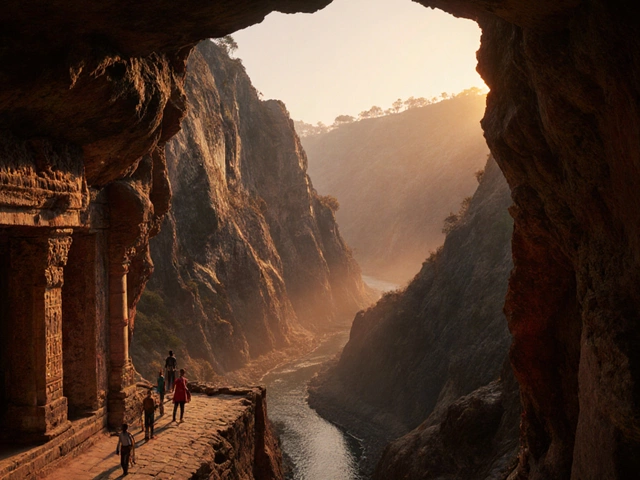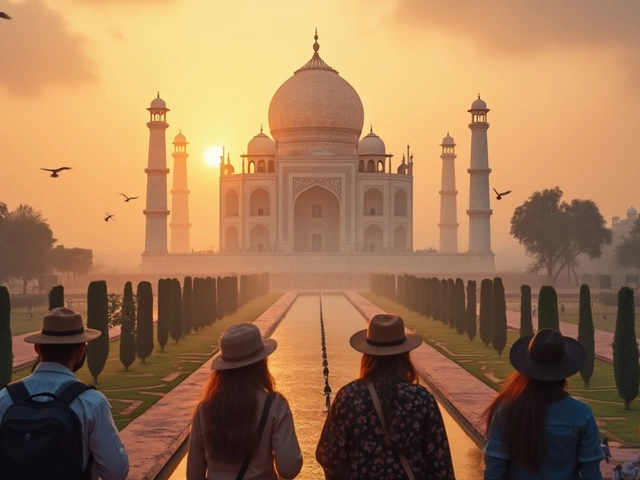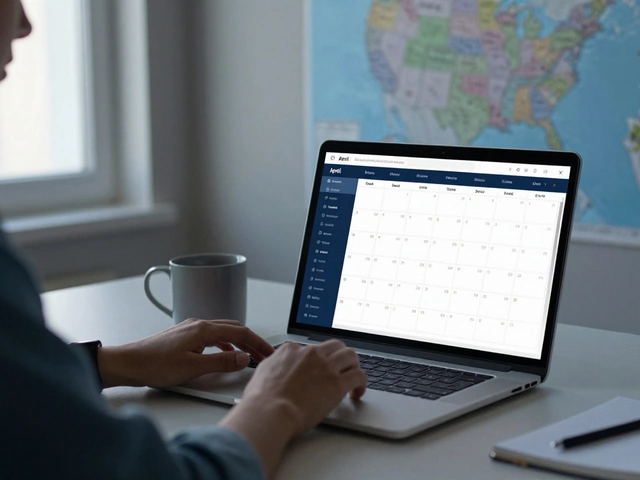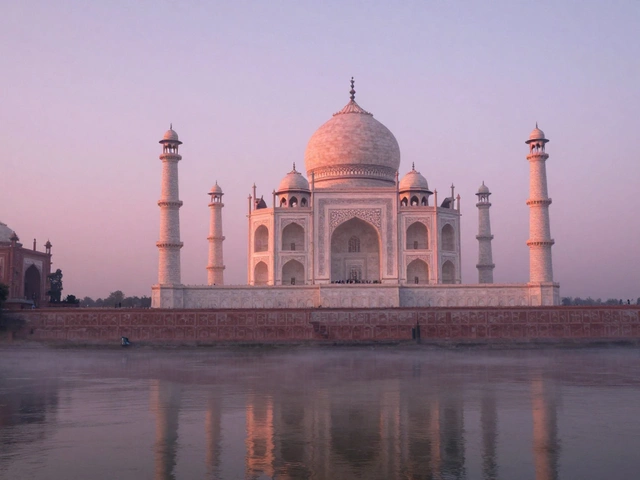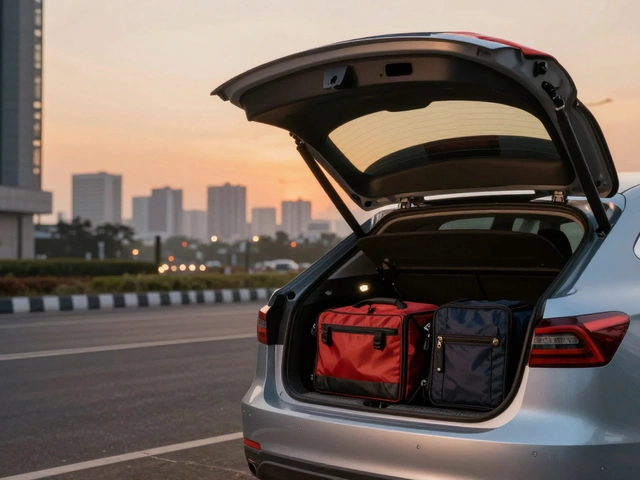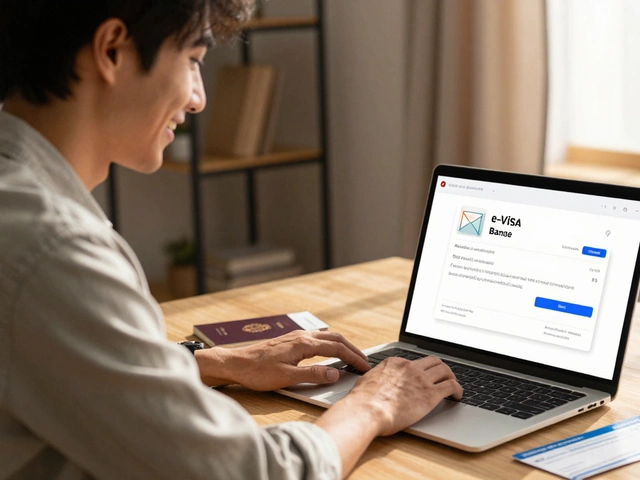Traveling in India with cash can put you in a bit of a dilemma. Is there a law restricting how much money you can carry around in your wallet? Well, if you're a budget traveler planning a trip to this vibrant country, let's unravel this mystery.
Here's the deal: Technically, there's no strict prohibition on carrying cash in India. However, if you're lugging around a whopping 2.5 lakh INR or more in old banknotes, expect some questions coming your way. The Indian government is quite cautious about large cash amounts—primarily to curb illegal activities like money laundering and tax evasion.
For foreign travelers, be mindful when bringing cash into the country. You're advised against entering India with more than $5,000 in cash. Anything more than that, especially in banknotes, should be declared to customs. This isn't just a bureaucratic hurdle—it's about staying within the legal boundaries and ensuring a hassle-free adventure.
Beware, though, carrying large amounts of cash isn't without risks. So, what should you do? Spread it out. Keep some cash on you for small purchases, local transport, and emergencies, but use cards or other secure forms to store the bulk. This way, if pickpocketing or a quaint marketplace sale goes south, your entire travel fund isn't at risk.
Rules and Regulations
So, you might be wondering exactly what the rules are about carrying cash in India, especially if you're planning some budget travel in India. To keep it simple, India has specific regulations for both residents and foreigners regarding cash.
Local Guidelines
If you're a local or resident, there's no outright ban on carrying cash, but it’s wise to stay cautious. Generally, amounts above 2.5 lakh INR can raise eyebrows with authorities. It's not illegal per se, but carrying large sums can lead to awkward situations if questioned by law enforcement.
Guidelines for Foreign Travelers
Are you one of those travelers arriving with cash to avoid international transaction fees? It's cool, but there's a line. Foreigners can bring in up to $5,000 in cash without having to declare it. But more than that, and you’ll need to declare it to customs officials at arrival.
Declaration Requirements
For peaceful travels, check if you should fill a customs declaration form. Easier than it sounds, and this way, you'll dodge any potential legal hassles. At this point, asking: "Why bother with this fuss?" Simply put, the declaration ensures all funds are legally accounted for, protecting you from being flagged for potential illegal activities.
In addition to cash, if you are carrying precious metals or valuable collectibles, be aware that these, too, have specific declaration guidelines.
Simplified Steps
- Carry preferably below INR 2.5 lakh to minimize risk.
- Foreigners should not exceed $5,000 without declaring.
- Be prepared to fill out a customs declaration if needed.
These rules might seem like a headache at first, but knowing them can protect your trip from unnecessary troubles, ensuring your carry cash India adventure goes without a hitch.
Why Cash Is Essential
Lugging around actual notes might sound a bit old-school, but in India, it's pretty much necessary, especially if you're hopping from one budget-friendly attraction to another. Here's the lowdown on why cash is still king in many parts of India.
Cash for Local Experiences
Picture this: You're wandering through a bustling market, and the aroma of spices leads you to a street vendor with mouth-watering treats. Chances are, they're not accepting credit card payments. Whether it's buying fresh coconuts from a roadside stall or bargaining for souvenirs, cash is your best bet.
Rural Areas and Small Towns
Budget travel in India often takes you off the beaten path to places where modern banking infrastructure hasn't set foot yet. ATMs might be scarce, and many small shops may not have card facilities. Having cash in these situations can mean the difference between enjoying the local culture and missing out.
Transport Systems
From auto-rickshaws zipping through crowded streets to local buses navigating the countryside, public transport in India frequently operates on a cash basis. While some big cities have begun accepting digital payments, being prepared with smaller notes ensures you can catch a ride without fuss.
Emergencies and Connectivity Issues
Now, I know you're probably glued to your smartphone, but in India's remote areas, you might encounter patchy internet and mobile networks. This can throw a wrench into digital payment plans, making having cash on hand crucial for unexpected situations.
Here's a quick tip: While traveling, keep a mix of denominations handy. Smaller notes or coins are practical for minor transactions—like a quick chai fix or tipping someone for pointing you toward your next adventure.
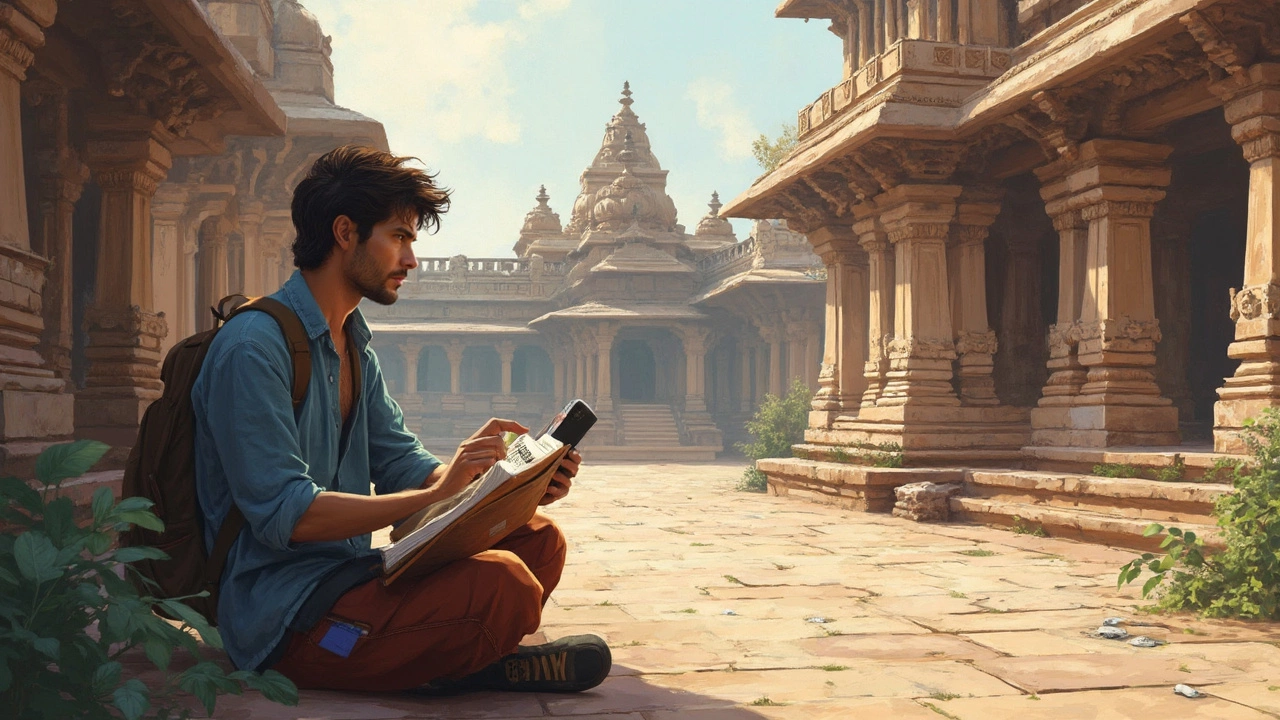
Safety First: Protect Your Money
When you're on the go in India, carrying cash can be just as tricky as handling your luggage. So, what are the best ways to keep that cash safe and sound?
Smart Cash Handling Tips
First things first, don't keep all your money in one spot. Split it up! Store some in your main wallet, tuck some away in a hidden pocket, and leave a bit back at your hotel in the safety of a locker. You'll thank yourself later if you run into any mishaps.
Consider a money belt. It might not be a fashion statement, but it sure makes for a safe spot to stash those rupees. Plus, it gives you peace of mind as your cash nestles snugly against you.
Stay Alert and Aware
Be alert in crowded places. Bus stations, markets, and festival areas can be prime spots for pickpocketing. Keep your valuables close, and when possible, use a cross-body bag that's harder for thieves to snatch.
ATMs are usually safe for withdrawing cash, but choose ones located inside banks or hotels whenever possible for added security. Avoid using ATMs late at night or in deserted areas.
Technology to the Rescue
Embrace digital payments where you can. Apps like Paytm and PhonePe are widely accepted, especially in urban areas. Using these not only lowers your cash dependency but also adds an extra layer of security by keeping track of your transactions electronically.
Emergency Contacts
Keep a list of emergency contacts handy. This should include local police stations, your country's embassy, and any travel insurance helplines. Being prepared doesn't just have to be about your cash—it's about having a support network you can rely on if things go sideways.
Tips for Managing Cash
Being smart about how you handle your cash can save you a ton of trouble. Whether you're a budget traveler exploring India's chaotic charm or a local enjoying a staycation, here are some handy suggestions to keep your finances in check.
Divide and Conquer
First off, don't put all your eggs in one basket. Or in this case, don’t keep all your cash in one place. Use different pockets, bags, or better yet, stash some cash in a lockable suitcase. This way, if you misplace something, you don't lose it all.
Spending Wisely
Stick to cards for major payments like hotel bills or long-distance travel. Reserve your cash for street food, tips, or local transportation. Remember, carrying too little or too much cash can become a hassle, so try striking a balance.
Bank and ATMs
India has a pretty decent ATM network, but you'll often find them more in cities and less in the boonies. Make it a habit to withdraw enough at once if you're heading to remote areas. Watch out for withdrawal charges if you're using a different bank's ATM.
Currency and Wallet Apps
If you're not keen on carrying much physical cash, consider mobile wallets like Paytm or Google Pay. These apps are quite popular in India for everything from paying for a chai to hailing a rickshaw. Just make sure your phone's always charged!
| Amount | OTS Fee (Approx.) |
|---|---|
| Up to INR 10,000 | INR 25-50 |
| Above INR 10,000 | INR 50-100 |
Keeping track of small charges can also help you save big in the long run. Even a minor fee can add up, so plan your withdrawals strategically. Stay sharp and travel smart!
